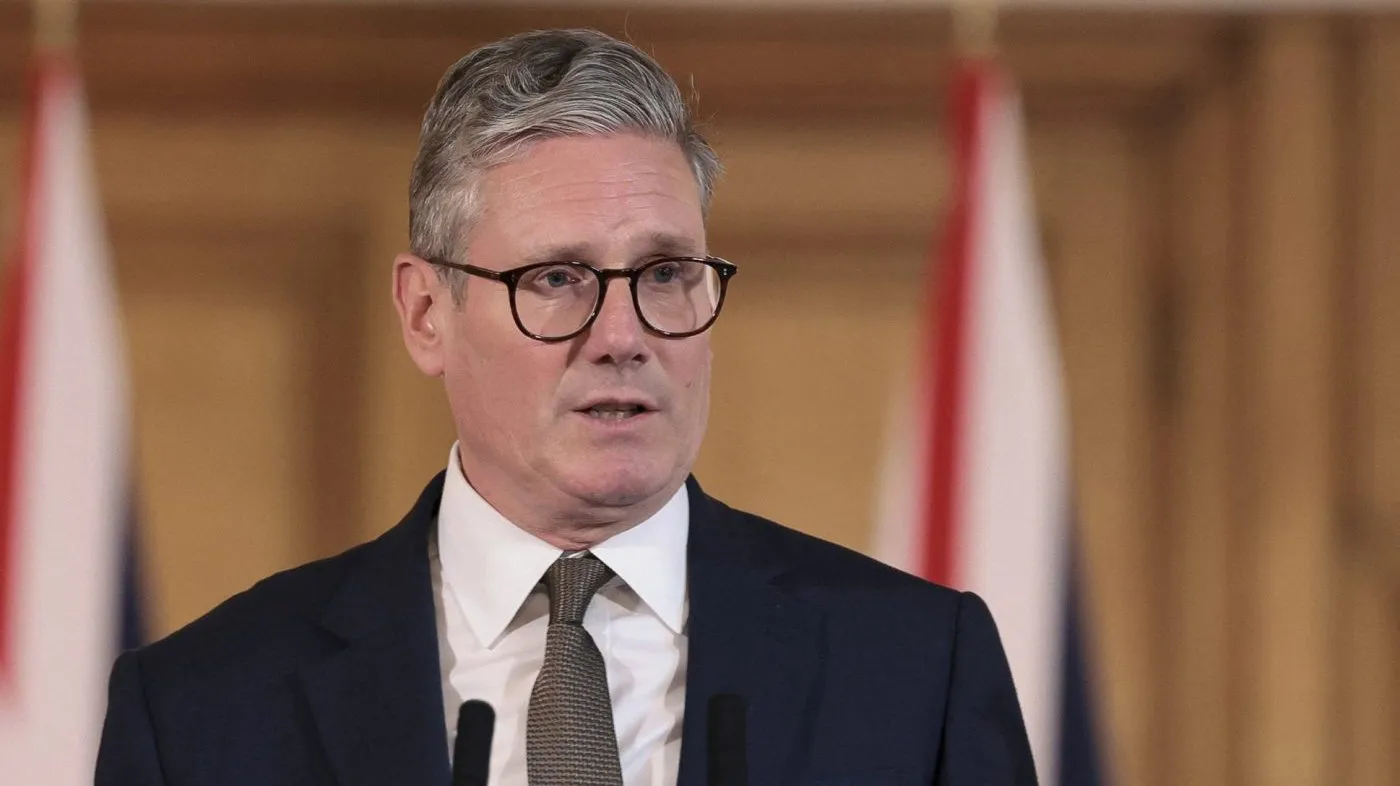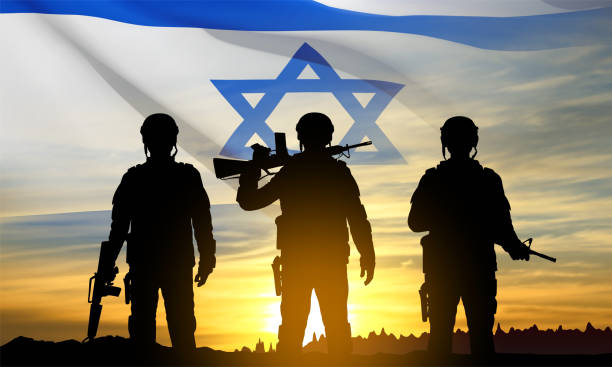By
Pastor Peters Omoragbon
As a dual citizen whose life bridges two worlds—my Nigerian heritage and my British home—I have watched UK politics with a critical eye. Like many, I have found the policies of the recent Tory government, and now the new Labour administration, to be a mixed bag, often leaning towards the anti-people austerity that has strained our social fabric. Yet, in politics, moments arise that transcend partisan criticism and speak to a deeper, universal morality. The British government’s decision to officially recognise the state of Palestine is one such moment, and for the first time in a long time, I feel a surge of pride in my Prime Minister, Keir Starmer.

My disagreement with the UK’s, and indeed the West’s, approach to Israel has been long-standing. For years, the world has stood by as successive Israeli governments, particularly the current far-right coalition led by Benjamin Netanyahu, have pursued blatantly expansionist policies in the West Bank, entrenching a system of apartheid and committing acts that leading human rights organisations, including Amnesty International and Human Rights Watch, have labelled as war crimes. The failure to hold them accountable has been a stain on the conscience of the international community.
This brings us to a painful historical parallel. When the Nazis systematically exterminated six million Jews, the world eventually rose in unison, vowing “Never Again.” This pledge was meant to be a universal shield for all humanity against genocide, not a exclusive promise for one people. So, we must ask: what is the difference between a Jewish life and a Palestinian life? The bombing of Gaza, which according to the Gaza Health Ministry (an agency deemed reliable by the UN and WHO) has killed over 67,000 people, the majority women and children, and the deliberate use of starvation as a weapon of war—a clear violation of the Geneva Conventions—suggest that our leaders see a stark difference. The blind, uncritical support and funding provided by the United States government, a policy now echoed by Donald Trump, enables this carnage, making them complicit in the atrocity.

Let me be unequivocal: the Hamas attacks on October 7th were a horrific atrocity. The murder of approximately 1,200 Israelis and the taking of over 250 hostages were acts of terror for which there can be no justification. However, as the International Court of Justice (ICJ) has indicated in its provisional rulings, a crime against a people does not license genocide of that people. Netanyahu’s disproportionate response, which has levelled over 60% of Gaza’s buildings and created a famine, is not self-defence; it is collective punishment on an industrial scale.
The argument that recognising Palestine “rewards Hamas” is not just flawed; it is profoundly hypocritical. It ignores the crucial context of how Hamas came to be. In 2006, Hamas won a democratic legislative election in the Palestinian territories, an outcome verified by international observers. Instead of engaging with this result, the US and Israel immediately moved to isolate and punish the Palestinian people, imposing a crippling blockade on Gaza that continues to this day. This is the ultimate contradiction: we claim to champion democracy while refusing to accept its outcomes when they are inconvenient. Who bestowed upon the US and Israel the right to decide who governs a sovereign people?
History is replete with groups labelled “terrorists” by occupying powers who are later recognised as freedom fighters. Menachem Begin, a future Israeli Prime Minister, was the leader of the Irgun, a group responsible for bombing the King David Hotel in 1946, killing 91 people. Nelson Mandela’s African National Congress (ANC) was once on the US terror list for its armed struggle against apartheid. The United States itself was born from a violent revolution against its British colonisers. This is not to equate these struggles, but to illustrate that resistance to occupation, however messy and violent, is a historical constant. To pretend otherwise is a failure of honesty.
The families of the Israeli hostages have my deepest sympathy. But their demand that the world withhold recognition of Palestine until their loved ones are returned, while understandable, is misguided. This crisis did not begin on October 7th; it is the bloody culmination of a 56-year military occupation and a 16-year siege. The most urgent demand must be for an immediate and permanent ceasefire, the only way to ensure the safe return of hostages and stop the endless flow of Palestinian corpses. Why are their lives deemed more precious than the thousands of Palestinian children buried under the rubble?

Prime Minister Starmer, your decision to recognise the state of Palestine is not an act of hostility towards Israel. It is a reaffirmation of Britain’s commitment to international law, to the two-state solution it has paid lip service to for decades, and to the basic principle that every life holds equal value. It is a courageous step away from the suffocating influence of a US foreign policy that has been morally bankrupt on this issue.
This is a landmark decision. It places Britain, finally, on the right side of history. It declares that the Palestinian people have an inalienable right to self-determination and statehood, not as a prize for good behaviour, but as a fundamental human right. For taking this bold step to align Britain with justice and humanity, you have made this citizen proud. We will support you all the way. For in the end, every life matters—whether Israeli or Palestinian.
Pastor Peters Omoragbon is the Executive President and Permanent UN Representative to Nurses Across the Borders International and the First UNFCCC Designated Contact Person from Nigeria. He is equally the General Secretary to the Nigerians in Diaspora Organisation UK Chapter and Director for International Liaison for Nigerian Nurses Charitable Association-UK and President, Diaspora Nurses Association of Nigeria.

